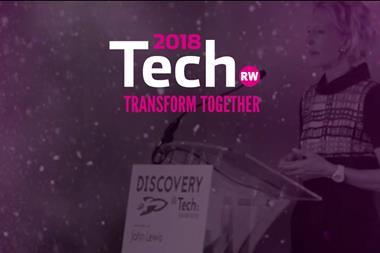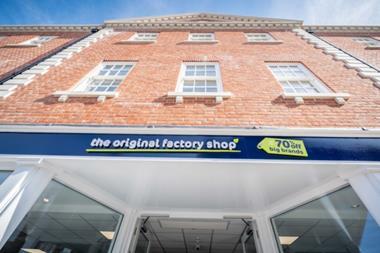To have and to hold-on-to; The secret behind getting consumers to buy into your brand.
In the new digital economy, it’s not enough to simply focus on selling more. Retail leaders will need to look deeper, and seek to understand what their company stands for and the part it plays in its customers’ lives.
In other words, they’ll have to identify a sense of purpose.
It’s a crucial message for the industry because the challenge it faces is about much more than slowing sales and dwindling profitability. Online competitors, seizing an ever-increasing share of the marketplace, are calling the whole rationale of traditional retail into question.
What do retailers really stand for nowadays? A strong brand and enthusiastic workforce are still important, of course.
”The balance of power has shifted dramatically…when consumers interact with retailers, they need to be persuaded to buy into their brand”
But companies need to dig deeper and ask what their brand really means to consumers, what it can do for them, and what makes it unique.
New balance of power
With seamless online shopping increasingly the norm, the balance of power has shifted dramatically. Nowadays, when consumers interact with retailers, they need to be persuaded to buy into the brand.
And for that to happen, they have to believe in it.
This creates a new set of priorities. Having taken time to identify what their brand represents, each retailer needs to ensure that its core message reaches the consumer across every touchpoint, from in store to website to Facebook, Instagram and beyond.
Consumers inhabit physical and virtual communities. Brands have to be consistently visible, relevant and clearly understood in both.
If retailers can make that happen, they’ll be well-placed to identify changing consumer needs and behaviours, and adapt to them. Flexible but authentic, they’ll become “living brands”.
This won’t happen overnight. How retailers are structured, how their people (and partners) work, and the technologies they use will all have to evolve.
The journey to become intelligent businesses
As artificial intelligence permeates organisations, we’ll see more machines handling repetitive tasks, with people freed up to add value in customer-facing roles.
”It’s clear that traditional retailers can’t continue as they are. Their market is being fundamentally reinvented by digital”
Retailers will capitalise on the torrent of data, structured and unstructured, at their disposal.
Leaders will embed analytics into the fabric of their operations, becoming “intelligent” businesses that can think, learn, comprehend and act in real time, ahead of the competition.
As well as equipping them to adapt to fast-changing marketplace dynamics, this will help their brands to attract and retain the talent they will need to grow; after all, employees take as much notice of a brand’s purpose as consumers.
The power of partnership
All this is a big ask. And it’s unlikely we’ll see many retailers attempting to undertake the journey ahead on their own.
Front-runners that recognise the power of partnership (and the value of network economics) are already setting the pace by plugging into emerging platform-driven ecosystems.
It’s clear that traditional retailers can’t continue as they are. Their market is being fundamentally reinvented by digital. That creates a new set of challenges.
But it’s also a huge opportunity for businesses that can develop a true sense of purpose, and organise their people, processes and partnerships around it.
Jill Standish, senior managing director and head of Accenture’s global retail practice

Connect with Jill on LinkedIn or follow her on Twitter.
Discover more about Accenture Retail.
























No comments yet